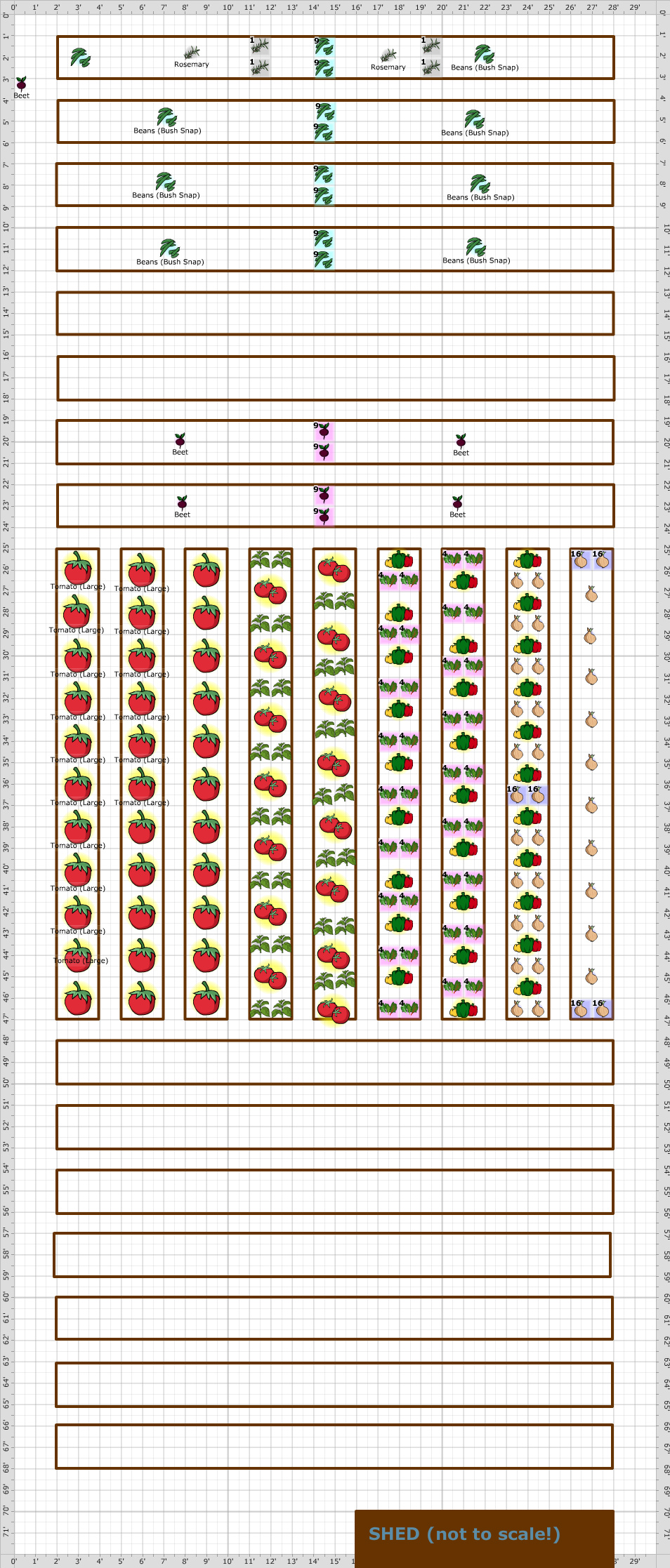

The more forward-thinking of the allied strategists became concerned about the Rhine. It offered them ports that could be used to re-supply the Allied divisions, who still were reliant on the Normandy ports for their supplies.

General Eisenhower and other leaders turned their attention to the Low Countries. The Allies believed that they would need an innovative plan to break the Low Countries and Alsace-Lorraine's German frontline. The British and the Americans had to go through the Low Countries to invade Germany and end the war. The Allied high command was reluctant to attack the Germans from eastern France, as the German government had constructed a massive line of defenses, consisting of fortresses, to protect their western border. This became known as the ‘Great Mistake’ and was perhaps one of the biggest in the entire war. In August 1944, a British assault failed to take Antwerp's deepwater port and had allowed some 80,000 German troops from Scheldt Estuary. īritish prisoners taken at Arnhem during Operation Market Gardenīy the Autumn of 1944, it was apparent to the Allied High Command that the Germans had managed to retrieve the situation and would offer stiff resistance to any future offensive. This was to prove crucial, and it allowed the Germans to regroup in the west when it appeared that they would disintegrate, leading to the end of the war. The shortage of oil meant that Patton’s armored divisions had to halt their advance. The Allies' supply lines were overstretched, slowing down the Americans and British in particular. However, in truth, the Allied successes had brought their own problems. It seemed to many that the Allies were on the verge of invading German, and some even spoke optimistically of ending the war by Christmas. The German army was practically forced out of France and retreated towards Alsace-Lorraine and Belgium. The German army was forced into a headlong retreat.

The combined Anglo-American divisions inflicted huge losses on the Germans. However, a brilliant piece of Allied strategy resulted in the encirclement of a large part of the German army in the Falaise Pocket. The Germans initially managed to slow the Allies advance. After establishing several beachheads in Normandy, the Allies managed to push forward into the Normandy countryside. The Allies had landed in Normandy on the 6th of June 1944.


 0 kommentar(er)
0 kommentar(er)
